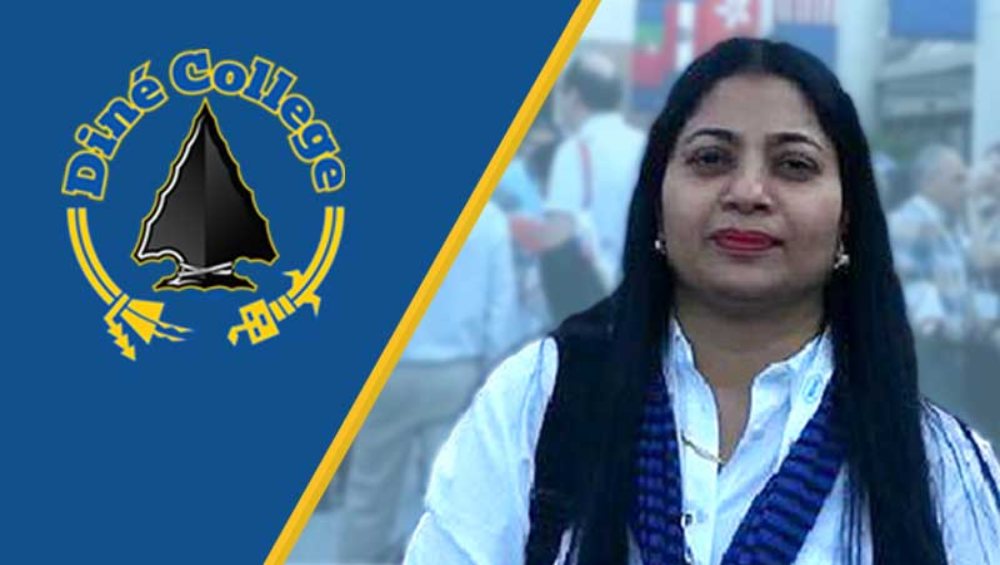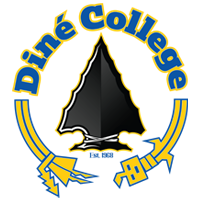
Diné College Professor Publishes Article with Cold Springs Harbor Laboratory Press in Genome Research
September 2, 2022
TSAILE, AZ — Diné College professor Dr. Shazia Tabassum Hakim is among the GDSCN team behind “Diversifying the genomic data science research community”, a recently published article in “Genome Research” by Cold Spring Harbor Laboratory (CHS) press.
Data science came out as one of the dominant tools during the COVID-19 pandemic, not only to track the virus but to fight the pandemic and possibly any future infectious disease spreads. Over the past 2 decades, genomic data collection and cloud computing have revolutionized the computational and data science research which is within reach of anyone with a device and an internet connection. Still, students at underserved institutions have received comparatively little exposure to curricula or opportunities that can lead to careers in genomic data science and research. These underserved institutes include community colleges, historically Black colleges and universities, Hispanic-serving institutions, and tribal colleges and universities that support ethnically, racially, and socioeconomically underrepresented students in the United States.
Dr. Shazia Tabassum Hakim, a STEM professor from Diné College; Tuba City Center, is among a nationwide selected team member of the “Genomic Data Science Community Network (https://www.gdscn.org/)”, which is supported by an NHGRI contract to Johns Hopkins University.
The GDSCN team recently published an article in “Genome Research”, an international, continuously published, peer-reviewed journal by CHS press that sheds lights on importance of “a fair system in which researchers, educators, and students are engaged in genomic data science research regardless of their institution’s scientific clout, resources, geographical location, or infrastructure, while solving the key problems, such as the pervasive bias in genomic data collection and ongoing challenges with accountability, data sovereignty, community/tribal consent, and data misuse”. Complete article entitled “Diversifying the genomic data science research community”, can be accessed at https://genome.cshlp.org/content/32/7/1231.long.
As a postsecondary educational institution, Diné College awards Associate degrees, Bachelor’s degrees, and Certificates in areas important to the economic and social development of the Navajo Nation. To comply with the College mission, personalized instruction is guaranteed to each student because of the low student-faculty ratio. All are welcome to apply.
